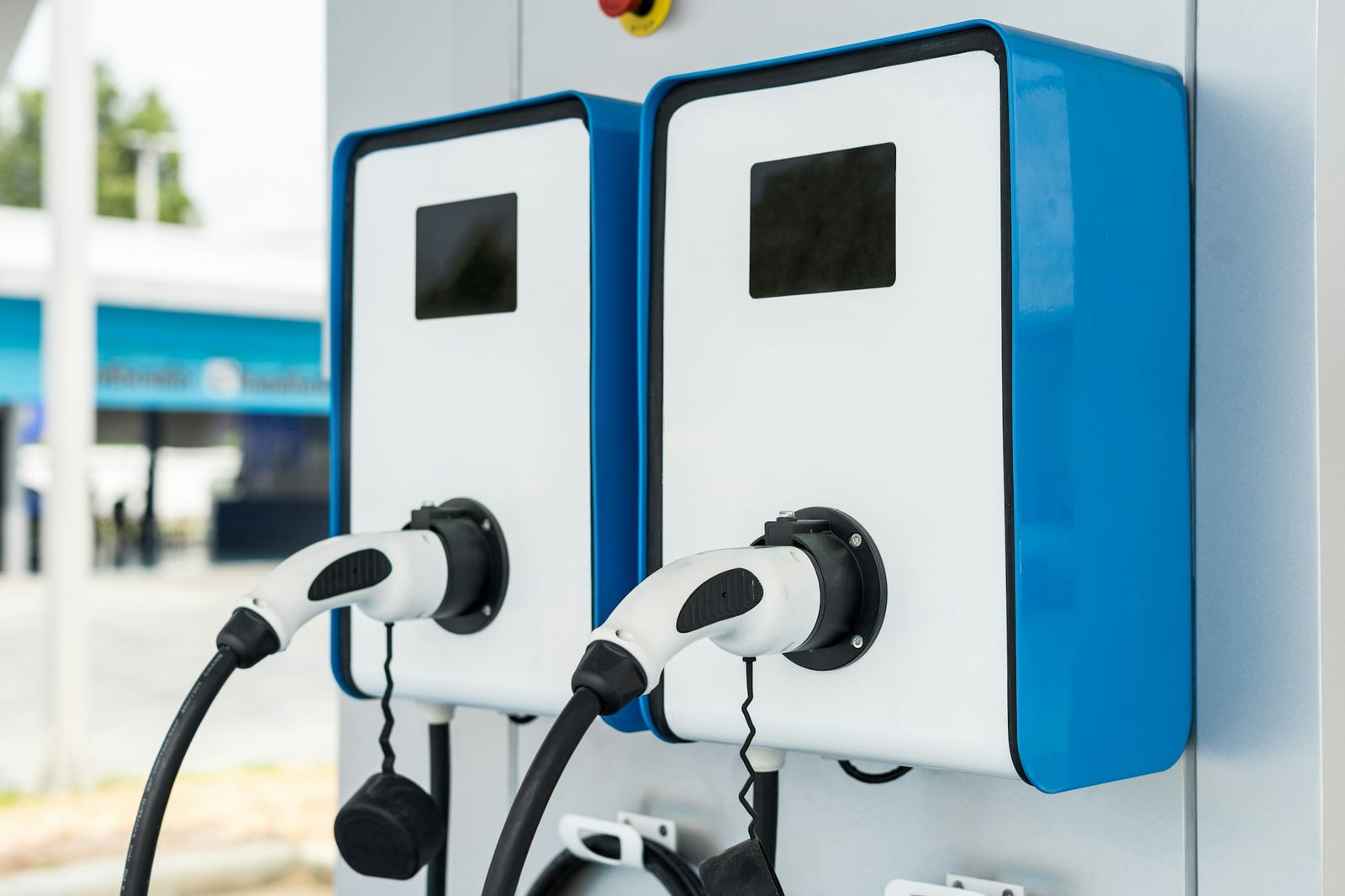The Impact of EVs on Automotive Jobs
Electric Vehicles (EV) and SustainabilityTable of Contents
As Electric Vehicles (EVs) continue to gain traction in the automotive industry, their widespread adoption brings about significant changes to the landscape of automotive jobs. This article explores the evolving roles, skills, and opportunities arising from the proliferation of EVs.
Shifting Job Roles and Skills
The transition to EVs prompts a shift in traditional automotive job roles and necessitates the development of new skill sets. While roles such as combustion engine mechanics may decline, there is a rising demand for technicians specialized in EV maintenance, repair, and battery technology. These technicians require expertise in electrical systems, battery diagnostics, and software troubleshooting, reflecting the evolving nature of automotive service.
Opportunities in Battery Manufacturing and Technology
The rise of EVs creates numerous opportunities in battery manufacturing and technology. With the increasing demand for EV batteries, there is a growing need for skilled workers in battery production facilities. Engineers, technicians, and researchers involved in battery development and innovation play a crucial role in advancing battery technology, enhancing performance, and reducing costs, driving further growth in the sector.
Expansion of Charging Infrastructure
The expansion of EV charging infrastructure presents opportunities for job creation in various fields. From installation and maintenance technicians to software engineers developing smart charging solutions, the deployment of charging stations requires a diverse range of skills. Moreover, the development of advanced charging technologies, such as wireless charging and fast-charging networks, opens up new avenues for employment and innovation.
Emergence of New Automotive Technologies
The integration of advanced technologies in EVs, such as autonomous driving systems and connectivity features, leads to the emergence of new job roles in software development, data analysis, and cybersecurity. As vehicles become increasingly interconnected and autonomous, there is a growing demand for professionals capable of designing, testing, and maintaining these complex systems, ushering in a new era of automotive technology careers.
FAQs:
Will the shift to EVs lead to job losses in the automotive industry?
While some traditional automotive roles may decline, the transition to EVs creates new job opportunities in areas such as EV maintenance, battery manufacturing, charging infrastructure, and automotive technology development. Overall, the net impact on employment in the industry is expected to be positive.
What skills are in demand for careers in the EV sector?
Skills in electrical systems, battery technology, software diagnostics, and renewable energy are highly sought after in the EV sector. Additionally, proficiency in emerging technologies such as autonomous driving, connectivity, and data analysis is increasingly valuable for automotive careers.
How can individuals prepare for careers in the EV industry?
Individuals interested in pursuing careers in the EV industry can benefit from gaining relevant education and training in areas such as electrical engineering, battery technology, computer science, and renewable energy. Keeping abreast of industry developments and acquiring hands-on experience through internships or specialized courses can also enhance employability.
What role do government policies play in shaping EV-related job opportunities?
Government policies, such as incentives for EV adoption, investments in charging infrastructure, and support for research and development, play a significant role in driving job creation in the EV sector. By fostering a conducive environment for EV growth, policymakers can stimulate job growth and innovation in the automotive industry.
Are there opportunities for career advancement in the EV industry?
Yes, the dynamic nature of the EV industry offers ample opportunities for career advancement. With ongoing technological advancements and market expansion, individuals can pursue career paths in research and development, management, entrepreneurship, and specialized consultancy services, leveraging their expertise to contribute to the evolution of the EV ecosystem.
